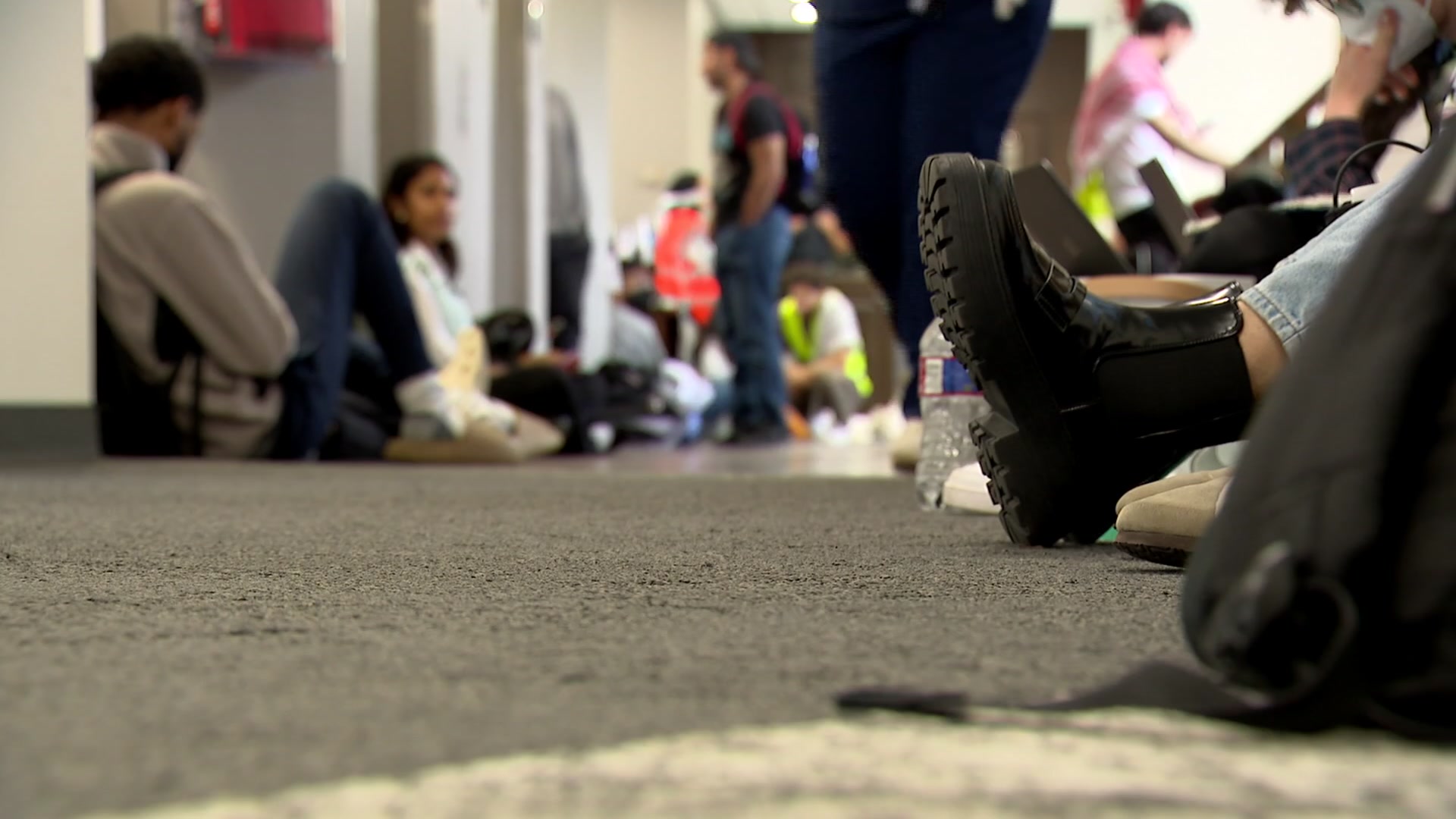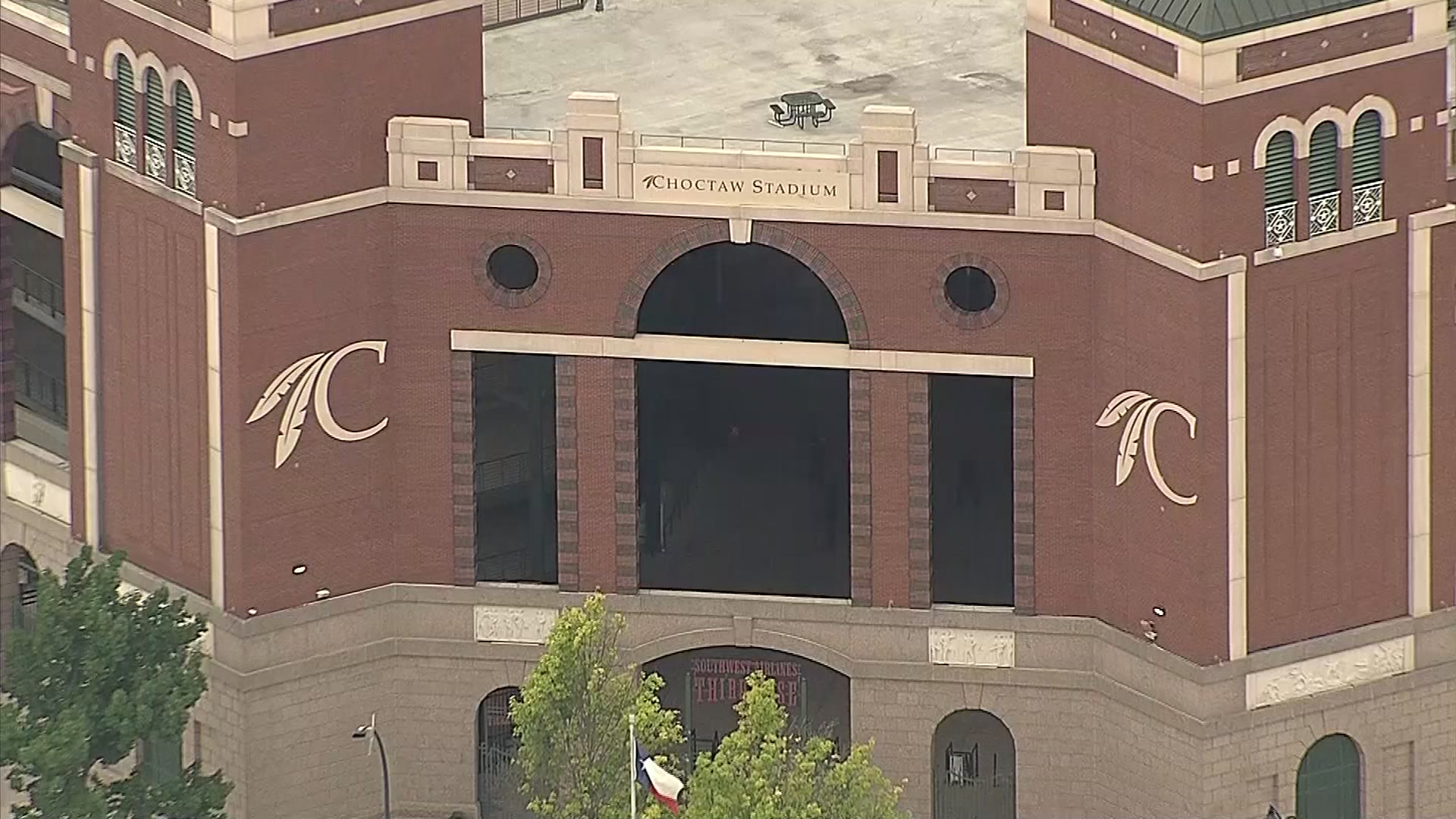A visiting judge ruled late Monday that a colleague can keep presiding over Texas' long-running school finance trial, blocking state attempts to oust him because of perceived bias.
San Antonio-based David Peeples found that fellow state District Judge John Dietz won't be removed from a sweeping case that first went to trial in October 2012. It grew out of the Legislature cutting $5.4 billion in public education funding the previous year, prompting lawsuits from more than 600 school districts responsible for educating three-quarters of Texas' 5 million-plus public school students.
The office of Texas Attorney General Greg Abbott asked Dietz to step aside because of what it said was favoritism the judge expressed in emails he and his staff exchanged with school district attorneys.
Dietz refused and the matter was assigned to Peeples, who held a hearing last week in Dietz's Austin courtroom. No witnesses were called and Dietz wasn't present, but Abbott's office pointed to messages between March and May which it said proved Dietz was coaching school districts' lawyers on how to make their case stronger.
Attorneys for the school districts countered that Dietz did nothing wrong and that outside communication was common in civil cases, especially complicated ones.
"It appears that the parties and the judge had different understandings on whether there would be back and forth discussions between the judge and the prevailing parties on the issues," Peeples wrote in a nine-page decision. "Judge Dietz's understanding was reasonable, and he acted in good faith."
Peeples later added: "This court emphatically rejects any suggestion that Judge Dietz realized and knew that the State" was opposed to the kind of outside communication expressed in the emails but "nevertheless engaged in it, knowing that it was unethical."
Local
The latest news from around North Texas.
The emails in question have not been made in public.
Jerry Strickland, a spokesman for Abbott's office, said after the ruling was issued that, "Despite the decision, we are resolute in our belief that the secret conversations between the judge and individual plaintiffs counsel in the school finance case should be immediately made public."
"It is important for the general public to have the opportunity to determine whether the ultimate decision in the school finance case is made with the objectivity and impartiality that justice requires," Strickland said. "Failure to do so would undermine confidence in our judicial system and the rule of law."
Abbott's office did not immediately say if it planned to appeal.
Last year, Dietz found that the Legislature's 2011 cuts violated educational guarantees cemented in the Texas Constitution, ruling that funding was inadequate and unevenly distributed among wealthy and poor parts of the state. But he has yet to issue a final, written ruling that can be appealed.
Lawmakers later restored about $3.4 billion to classrooms, and the judge briefly reopened the case in January to hear evidence on what effect the added funding might have.
Still sifting through thousands of pages of witness testimony, evidence and other paperwork related to the case, Dietz had planned to issue a final judgment soon -- but had to suspend his work after Abbott's office sought his removal June 2. School district attorneys had further argued that since Dietz had already ruled once, it shouldn't be a surprise that his recent emails reinforced the idea that he would rule against the state in his final judgment.
Legal battles over school finance are nothing new in Texas -- this case is the sixth of its kind since 1984, and Dietz oversaw a similar trial in 2004.
Abbott, a Republican, is running for governor and is not arguing the case personally. His Democratic opponent, state Sen. Wendy Davis, claims he's trying to delay a potentially embarrassing final ruling until after the November election. But the state attorney general's office argued that judicial impartiality was more important than finishing the case quickly.
Rick Gray, an attorney who represents more than 400 school districts, mostly in poorer parts of the state, said Monday night's decision means Dietz can go immediately back to working on his final ruling.
"All that we've lost is the time," Gray said. "It's three weeks that we didn't want to lose, but it's certainly better than losing a year or more, which was what was likely to happen if he were recused."
Gray said Dietz has indicated that when it comes to his final ruling, "He's clearly way down the road, but I don't think he's completed it just yet."



